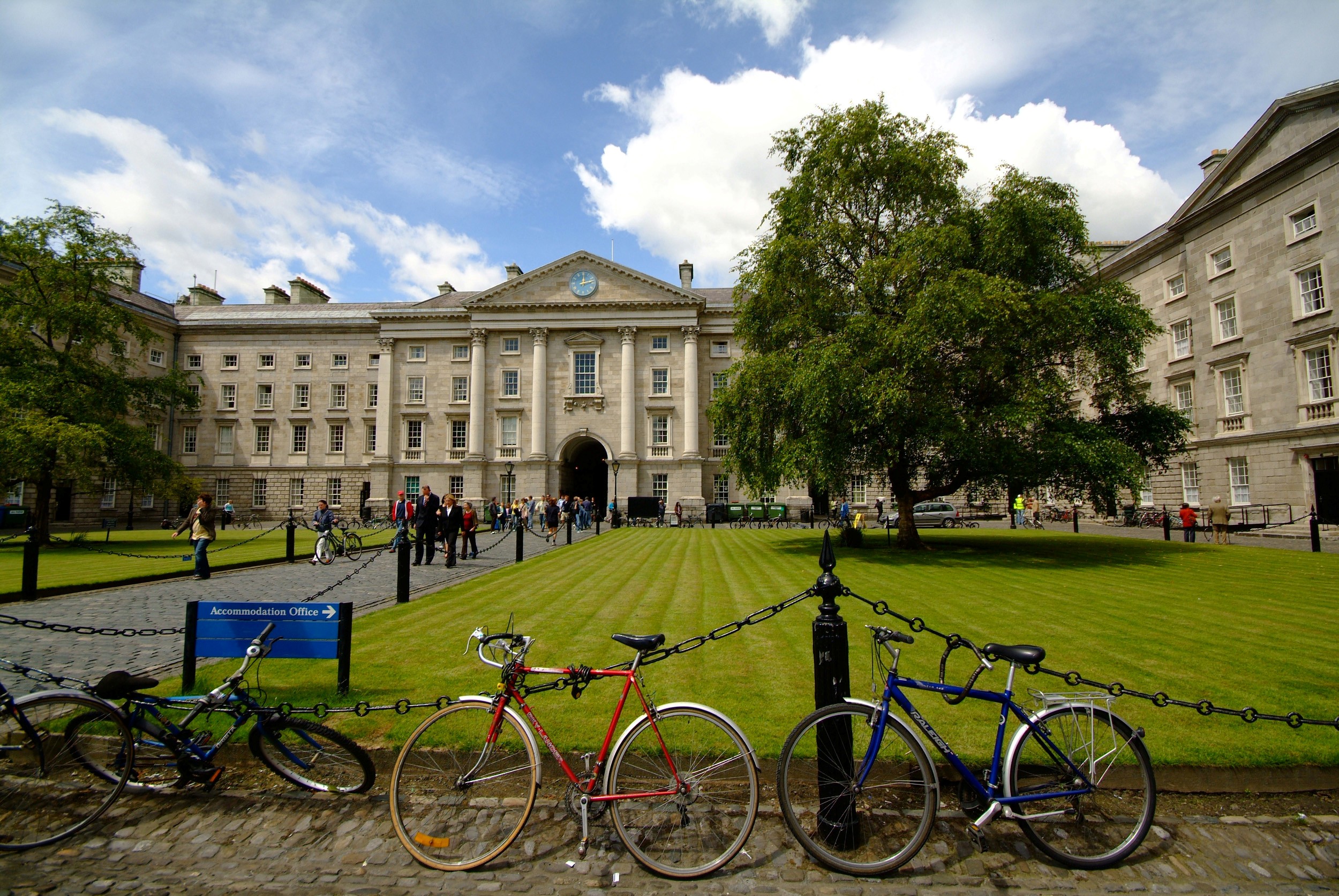The average Ph.D. student experiences severe stress, moderate anxiety and mild levels of depression, according to the results of a Graduate Students’ Union (GSU) postgraduate mental health survey. The survey was presented by GSU Vice-President Madhav Bhargav at a meeting of the Student Life Committee this week. A total of 747 postgraduate students completed the survey, including 251 Ph.D. students and 418 Masters students.
The survey also measured the levels of stress, anxiety and depression among both one and two year masters students. Masters students were found on average to have mild stress, mild anxiety and mild depression, on the DASS Severity Scale.
The study encompassed a broad range of Trinity students, aged 19 to 69, with an average age of 29. The study also consisted of 232 males, 505 females, one transgender male and nine non-binary individuals. However, this response rate consisted of only 15% of Trinity’s post-graduate population, which stood at 4,994 at the time of the survey.
The GSU has called for the implementation of many participants’ suggestions to improve the “PG Experience”. In the report, they suggest a need to improve students’ feelings in relation to their careers, and to provide them with a sense of purpose. Many students also noted the importance of supervisors, saying: “The relationship with your supervisor is like a marriage which needs commitment, bonding and respect from both sides.”
A common area of disagreement arose in relation to the performance of staff in supervisory roles. Many students criticised their supervisors, with one student stating: “I did not see my supervisor for three months straight, it affected me mentally and my master’s thesis too.”
Many of the participants called for the provision of student accommodation supports, workshops on healthy living, better online library access and off campus supports for parents.
The GSU also noted the need for wellbeing strategies, through sport and social activities around campus. They noted the importance of the possible implementation of peer supporters and advisory groups and also called for the full inclusion of the Trinity Sports Centre Fee in postgraduate tuition fees, and the removal of separate fees and “bureaucratic steps” to access this facility.
However, the survey also recognised positive aspects of the “PG experience,” with many crediting IT Services and the Student Counselling Service in college.
Speaking to Trinity News, GSU Vice-President Madhav Bhargav said: “Postgraduate education is a formative experience where the self is conceived and life-long habits are formed. This process must not occur in the circumstances of severe stress and depression. Yet, our report suggests that postgraduates are suffering from stress and depression.”
“We have to start thinking about the postgraduates’ mental wellbeing actively now before it gets worse. We do appreciate the college services in Trinity and postgraduates do appreciate their work too,” Bhargav continued. “We must start implementing strategies to improve postgraduate student experience […] This study is a very small step in that and I hope it is considered by the college to conduct it on a broader scale.”
Dean of Graduate Studies, Neville Cox, said that the study “produces rich data on an issue that is recognised across Europe as an existing and emerging concern. I am very impressed by the diligence and the quality of analysis in the report, and would especially pay tribute to Madhav Bhargav and the whole GSU team.”







